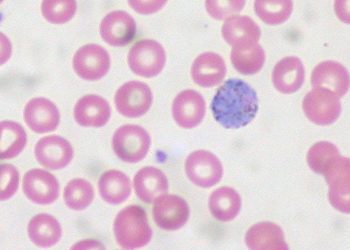COVID-19 and its impact on pregnancy preferences
1. The onset of the COVID-19 pandemic initially stalled and reversed the prior trend of a greater desire for pregnancy, during early 2020 COVID-19 surges.
Evidence Rating Level: 2 (Good)
The COVID-19 pandemic has presented several disruptions to sexual and reproductive health of the vast public. The resultant economic instability and strain on healthcare systems may have compromised access to contraceptive care, fertility treatments, abortion, subsequently altering perceptions surrounding pregnancy. Several survey-based research studies report that modified pregnancy preferences were prevalent early in the pandemic; however, robust evidence regarding the effects of the pandemic on pregnancy remains sparse. In this longitudinal cohort study, 861 participants completed the Desire to Avoid Pregnancy (DAP) Scale (range, 0-4), a validated instrument measuring pregnancy preferences with respect to cognitive desires, affective feelings, and anticipated consequences. Prior to the pandemic onset, DAP scores declined 0.06 points per quarter (95%CI -0.07 to -0.04). During the summer surge of 2020, DAP scores began to increase slightly to 0.05 points per quarter and during the fall 2020 surge, scores declined to -0.11 points per quarter. As higher DAP scores are indicative of an increased desire to avoid pregnancy, these findings suggest that the onset of the COVID-19 pandemic initially stalled and reversed the prior trend toward a greater desire for pregnancy over time. While this study presents an interesting outlook on pregnancy preferences early in the pandemic, it has several limitations. For instance, as all participants in the study were affected by COVID-19, the influence of other large-scale events could not be taken into consideration due to lack of a control group to examine differential changes by exposure. Additionally, the focus of this study remained on 2020 rather than longitudinal effects of the pandemic on pregnancy. However, the findings of this study still do warrant further investigation into optimizing reproductive care during future disruptions to medical access.
Click to read the study in JAMA Open
Image: PD
©2022 2 Minute Medicine, Inc. All rights reserved. No works may be reproduced without expressed written consent from 2 Minute Medicine, Inc. Inquire about licensing here. No article should be construed as medical advice and is not intended as such by the authors or by 2 Minute Medicine, Inc.






